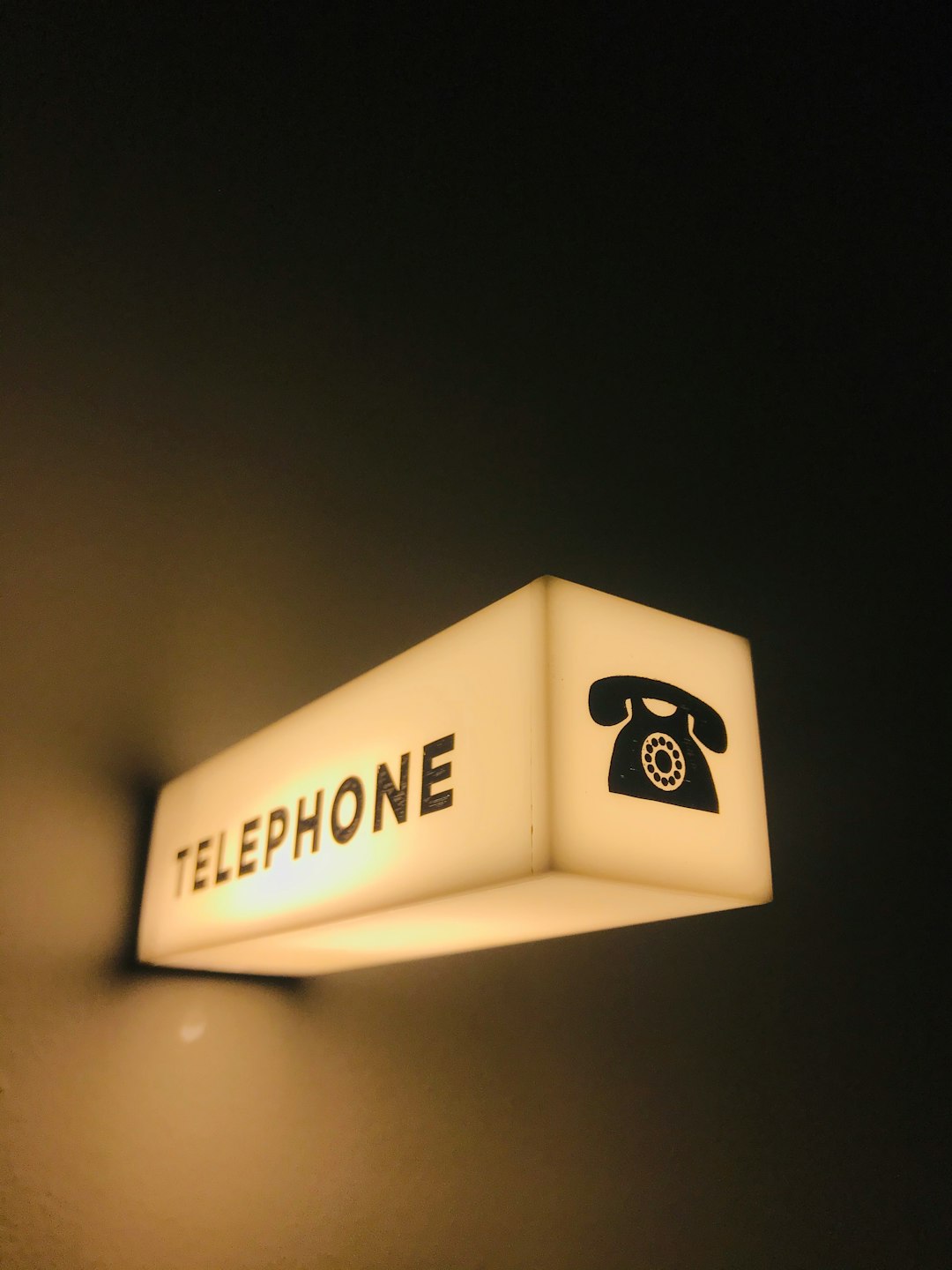Minnesota's strict Do Not Call laws protect residents from unwanted telemarketing. Businesses must comply with TCPA regulations, maintain accurate DNC lists, and respect consumer privacy. A Do Not Call Lawyer Minnesota ensures compliance, prevents fines, protects customer trust, and strengthens relationships by managing opt-outs, updating preferences, and implementing strategic list maintenance. Regular audits guided by legal experts are crucial for avoiding legal issues and fostering trust in telemarketing practices.
In today’s digital age, maintaining a robust in-house Do Not Call list is non-negotiable for organizations looking to stay compliant and protect consumer rights. This comprehensive guide delves into the intricacies of Minnesota’s Do Not Call laws, highlighting why internal lists are crucial. We explore the legal obligations businesses face and provide strategies to create and manage effective do-not-call lists, ensuring compliance with Minnesota regulations. For those seeking expert advice, this article serves as a valuable resource, courtesy of our experienced Do Not Call Lawyer Minnesota.
Understanding Do Not Call Laws in Minnesota

In Minnesota, the Do Not Call laws are designed to protect residents from unwanted telemarketing calls. These regulations are strictly enforced by the Minnesota Attorney General’s Office, which maintains a comprehensive list of restrictions and penalties for violators. Any organization, including businesses and charities, operating within the state must comply with these laws, which mandate specific procedures for obtaining consumer consent and maintaining opt-out options.
A Do Not Call lawyer in Minnesota can offer invaluable guidance to ensure organizations stay compliant. They help navigate the complex legal landscape, implement effective call tracking systems, and educate staff on best practices to avoid costly fines and negative public relations. By understanding and adhering to these laws, businesses can foster better relationships with their customers and avoid legal pitfalls.
The Importance of In-House Lists for Organizations

In today’s digital era, where consumer data is a valuable commodity, maintaining an accurate and up-to-date in-house Do Not Call (DNC) list is crucial for organizations to stay compliant with regulations, such as the Telephone Consumer Protection Act (TCPA). This list plays a vital role in ensuring that businesses respect consumers’ privacy rights by blocking unwanted calls from their telephone numbers. For instance, a Minnesota Do Not Call Lawyer can guide organizations on implementing and managing these lists effectively.
By keeping a robust DNC list internal, organizations can minimize legal risks associated with accidental or intentional violations of consumer protection laws. It enables them to pre-screen phone numbers, avoiding unnecessary marketing expenses and enhancing their reputation as responsible data handlers. This is especially important for businesses engaging in telemarketing activities, where a simple oversight could lead to significant financial penalties and damage customer trust.
Legal Obligations for Businesses: A Deep Dive

In many jurisdictions, including Minnesota, businesses have a legal obligation to respect consumer privacy and preferences regarding telemarketing calls. The Telephone Consumer Protection Act (TCPA) in the United States, for instance, strictly regulates how companies can contact consumers by phone, including requirements for obtaining prior express consent before making sales or marketing calls. A Do Not Call list is a crucial tool for businesses to ensure they comply with these legal obligations. Minnesota residents who feel their rights have been violated by unsolicited calls can seek legal redress from a Do Not Call lawyer Minnesota.
For businesses, the most effective way to navigate these regulations is to maintain an up-to-date and accurate Do Not Call list. This involves obtaining consent through clear and concise opt-in mechanisms, allowing consumers to register their numbers for exclusion, and rigorously verifying and updating the list regularly. Compliance with TCPA rules not only helps businesses avoid legal penalties but also fosters trust and enhances customer relationships by demonstrating respect for individual privacy preferences.
Compiling and Maintaining Effective Do Not Call Lists

Compiling an effective Do Not Call list is a meticulous process that requires organizations to go beyond surface-level data. While legal requirements mandate specific criteria for inclusion, such as prior contact and consent, a robust list should also consider customer preferences and behavior patterns. A Do Not Call lawyer Minnesota can guide businesses in navigating these complexities, ensuring compliance while optimizing their outreach strategies.
Regular maintenance is key to keeping the list current. Organizations must implement systems to track opt-outs, update customer preferences, and promptly remove outdated entries. This ongoing effort not only upholds legal integrity but also demonstrates respect for consumer choices, fostering stronger relationships and enhancing brand reputation.
Strategies to Comply with Minnesota's Regulations

Many organizations in Minnesota are required to maintain an internal “Do Not Call” list, a crucial component of consumer protection and privacy laws. Compliance with these regulations is essential to avoid legal repercussions and protect customer relationships. One effective strategy for businesses is to implement a robust opt-out system during initial customer interactions, allowing individuals to request their phone numbers be added to the Do Not Call list. This can be done through written agreements or simple verbal consent, ensuring transparency and empowering customers.
Additionally, regular audits of sales and marketing practices are vital. A Do Not Call Lawyer Minnesota can assist in reviewing procedures and training staff to recognize and respect customer preferences. By staying proactive and maintaining accurate records, organizations can ensure they remain compliant with Minnesota’s regulations, fostering trust and avoiding any unwanted legal challenges related to telemarketing activities.






